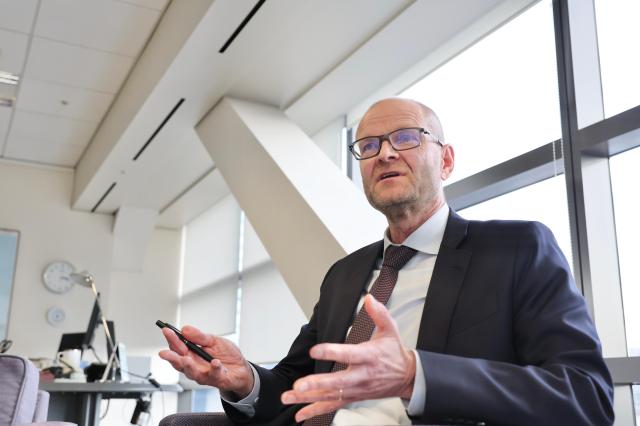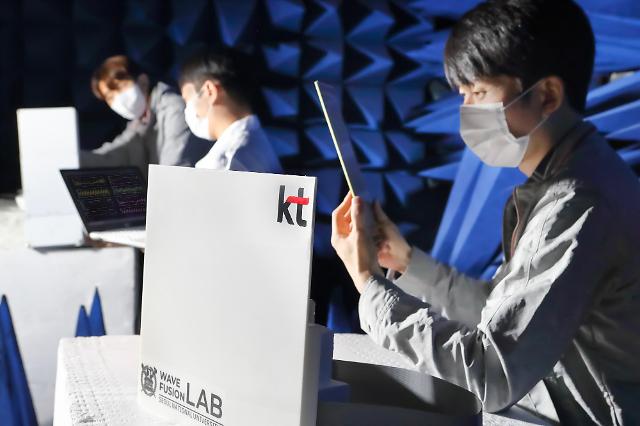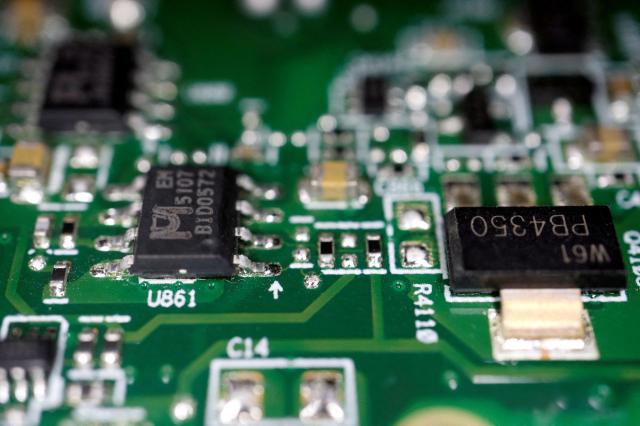
[Gettyimages Bank]
SEOUL -- In a bid to secure global leadership in 6G technologies, South Korea's national measurement standards laboratory joined forces with LG Electronics and a prestigious state science school to achieve the early establishment of a complete 6G research process from the development of original technologies to verification.
The tie-up involved the Korea Research Institute of Standards and Science (KRISS), LG's C&M standard laboratory and a joint research center set up by LG and the state-run Korea Advanced Institute of Science & Technology (KAIST) in January 2019 to secure core technologies for 6G mobile communication.
From the second half of this year, LG and its partners would seek to develop original technologies related to 6G terahertz (THz), establish and operate infrastructure for the verification of technologies, discover frequencies, and analyze characteristics of channels. THz is a unit of frequency defined as one trillion cycles per second.
The Electronics and Telecommunications Research Institute (ETRI), a state-funded body in wireless communication domain, has been working on the THz frequency band for 6G. "Through this agreement, LG Electronics hopes to upgrade research on terahertz wireless transmission and receiving, which are 6G core candidate technologies, and establish solid global technology leadership," said LG's C&M standard laboratory head Kim Byoung-hoon.
As a frontrunner in disseminating 5G mobile services, South Korea aims to achieve the world's first commercialization of 6G mobile telecommunication in 2028. Because 6G is five times faster than 5G, scientists say it will open a completely new era. Researchers at the University of Oulu think the future-generation mobile network can transfer terabits per second, creating near-instant microsecond connectivity between societies.
"We hope that the source measurement technology developed by the Korea Research Institute of Standards & Science will serve as a cornerstone for Korean companies to secure global competitiveness in 6G research and development," KRISS head Park Hyun-min said, calling for South Korea's leading role in measurement standards.
South Korean researchers have called for the early and pre-emptive development of 6G technologies. The Seoul government has proposed a state-sponsored preliminary feasibility study to develop core technologies for the commercialization of 6G. SK Telecom and Samsung Electronics have agreed to push for joint research in 6G evolution technologies and study new business models.
Copyright ⓒ Aju Press All rights reserved.




View more comments